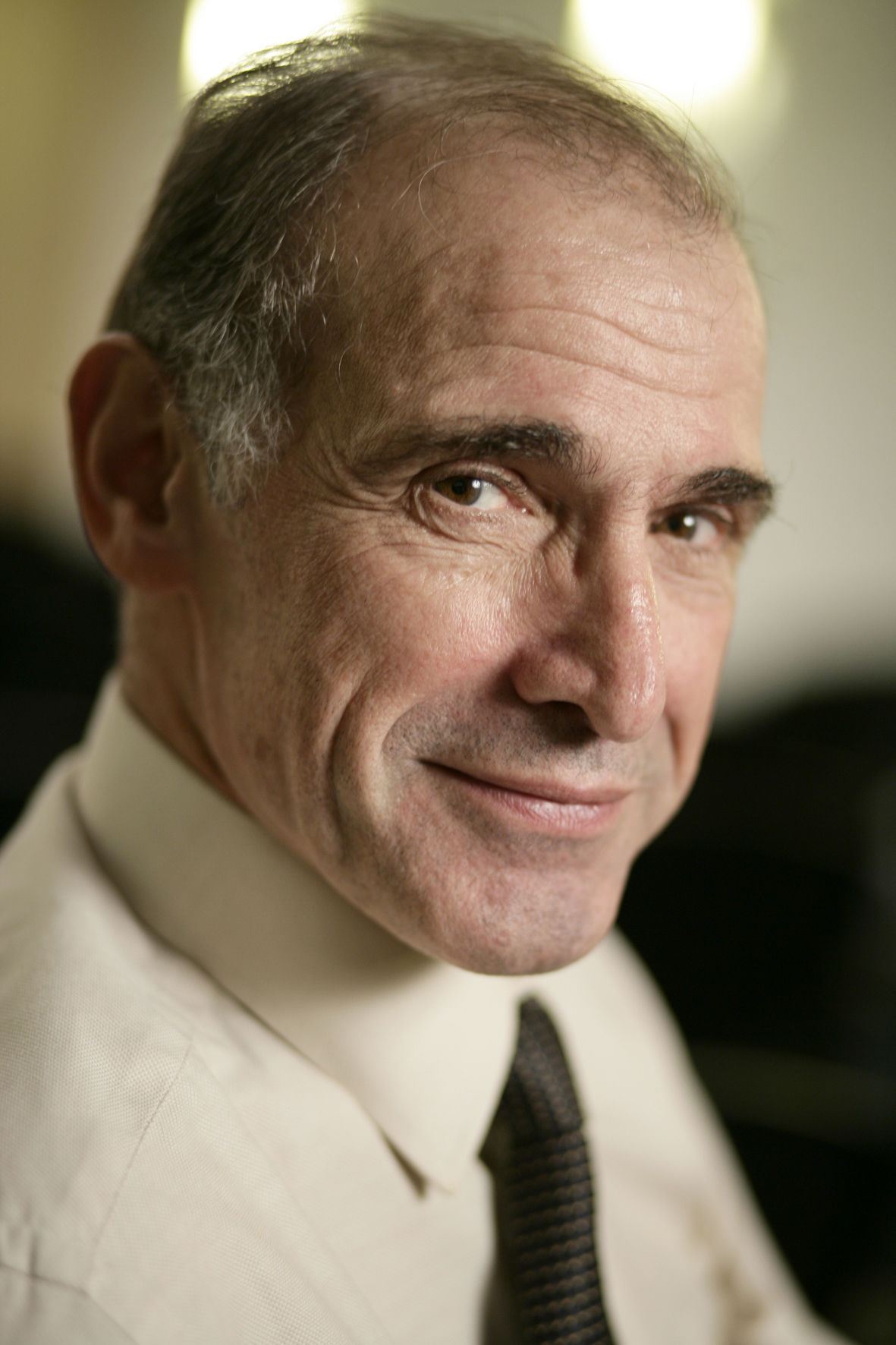Share this post:

Lyon, France, September 22, 2020 – Advanced BioDesign, dedicated to developing novel therapies against resistant cancers, today announces that Professor Pierre Tambourin will be joining the company as a member of the scientific advisory board.
Advanced BioDesign’s scientific advisory board aims to bring together international key opinion leader oncologists to contribute to the company’s oncology program. The goal of the program is to assess the groundwork that led to the discovery of DIMATE, to analyze the proposed preclinical and clinical development strategy for the anti-cancer agent and to manage the intellectual property portfolio.
Prof. Tambourin’s research work, mainly devoted to molecular oncology, aims at understanding the mechanisms through which healthy cells become cancerous and identifying the genes that cause this. Prof. Tambourin will provide Advanced BioDesign with regular assessments of R&D activities and will assist the board of directors in evaluating the company’s programs and its scientific portfolio.
“The arrival of Prof. Tambourin in our scientific advisory board is significant for us,” said Ismail Ceylan, CEO of Advanced BioDesign. “The year 2021 is going to be a turning point for our company, particularly as DIMATE will soon be entering Phase I trials in patients with acute myeloid leukemia. Prof. Tambourin’s support is going to be crucial as we study this innovative compound and demonstrate DIMATE’s potential to effectively fight the resistance mechanisms developed by cancerous cells. We will also be relying on his help in refining our strategy for future clinical trials.”
Advanced BioDesign has obtained in vitro and in vivo proofs of concept for DIMATE in a range of resistant cancers models. The company’s research team has consolidated DIMATE’s intellectual property with eight patent families, elucidated its mechanism of action as a first-in-class suicide inhibition against aldehyde dehydrogenases 1 and 3, and developed an optimized drug formulation. The team now has a better understanding of the key mechanisms that make cancer cells resistant to standard treatments and how to overcome these by combining DIMATE with other anti-cancer treatments. Preliminary toxicology tests show very promising results, with side effects expected to be very limited.
“I’m delighted to have joined the Advanced BioDesign scientific advisory board in what promises to be a pivotal year for the development of DIMATE,” said Professor Pierre Tambourin. “This molecule is a very novel anti-cancer drug in terms of its properties and its mechanism of action. It has a lot of potential, as shown in studies published in Oncogene in 2017 and 2020.”
Prof. Tambourin holds a degree in science and a postgraduate degree in molecular genetics from the École Polytechnique in Paris, France. He was also General Manager at Genopole Evry for almost 20 years between 1998 to 2016. Prior to this, he was respectively head of research at Inserm, head of the biology department at Institut Curie and head of the life sciences department at CNRS.
About DIMATE
DIMATE targets and inhibits a detoxification system present within cells. This detoxification is strongly active in most tumor or leukemic cells, enabling them to survive the inevitable metabolic disorders which occur during the cancer process. By inhibiting this cellular protection system, DIMATE poisons and kills off cancer cells, without harming healthy cells.
In most cancers, there is also a population of cells, so called “cancer stem cells”, which are most often highly resistant to the cytotoxic effects of current anti-cancer drugs. This resistance to treatment appears to be the main cause of regular relapses of cancer. In studies carried out by the Advanced BioDesign team, DIMATE also destroys these cancer stem cells. Because of this specific property, which is a result of its molecular mechanism of action, DIMATE could be a particularly important drug in preventing cancers from recurring.
Its mechanism of action also means that DIMATE should be able to strengthen the anti-tumor action of all drugs and therapies activating the redox system, such as platinum salts and gamma rays, and therefore overcome primary resistance to these treatments.
About Advanced BioDesign
Advanced BioDesign is a French biotechnology company developing an innovative targeted therapy to treat resistant cancers, with a first indication in acute myeloid leukemia (AML).
Its main anti-cancer compound, ABD-3001, is a first-in-class suicide inhibitor of aldehyde dehydrogenases 1 & 3 (ALDH1 & 3). The ALDH enzyme enables cancer cells to detoxify themselves by recycling harmful molecules. By inhibiting this enzyme, ABD-3001 causes apoptosis of the cancer cells without damaging healthy cells.
ABD-3001 is currently in the preclinical stage. Advanced BioDesign plans to submit its regulatory file to the French National Agency for Medicines and Health Products Safety (ANSM) in 2020. The company is actively preparing to enter phase 1 clinical trials in 2021.
Founded in 2010 and based in Saint-Priest, near Lyon (France), Advanced BioDesign collaborates with Prof. Régis Costello at the AP-HM (Marseille, France), which is also a base for some of its employees. Since 2013, Advanced BioDesign has benefited from the strategic and scientific support of Xerys experts. As part of the continued funding of its research and development programs, Advanced BioDesign secured €9 million ($10.7M) at the end of 2019 from Xerys Funds.




